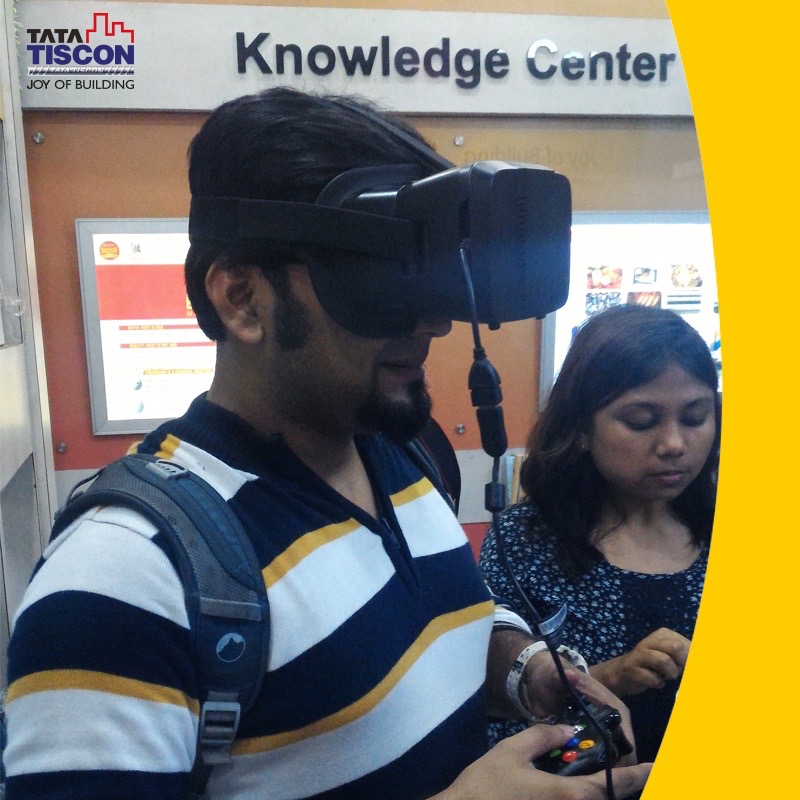Every now and then, there are domains and disciplines that come to the forefront and shine. Sometimes for a flicker of a brief moment and at other times for a bit longer. Before retreating to the back offices of quiet practice or the ignominy of obsolescence and death. Facilitation, however, has been around for ages morphing with societal changes, demands and evolving constantly. There are moments in time, that are inflection points that provide opportunities never seen before. Right now, is one such. We are in the throes of life-altering changes in society that tugs at the power of facilitation to help create pathways for the future.
The future of work and life stand at a crossroad of sorts. We could go in many directions. A cursory examination of the world that we live in brings us face to face with a number of realities. Of course, there are many more. The following strikes me as dominant. (Please feel free to add and debate).
Reality # 1: Fractured and frayed
Switch on the television or flip open any newspaper. The fault lines show. Between countries, cultures, age groups. So much so, that that new fault lines appear citing the existence of a fault line in history and thus get perpetuated into the future. The consequent problem: mankind has been losing its humanity in such crevices. When we can’t have a civil conversation with one other, society has tripped on progress and fallen face down into the sand.
Reality # 2: Multiplier Effect
With the proliferation of social media and social tools, everybody has an equivalent of a global megaphone. Every minor fault line commands its own space, followers and likes. Over time, this shapes beliefs and positions that make possibilities for inclusive dialogue recede. The tyranny of echo chambers wreck havoc. The space and platforms for a neutral coming together disappear and walls (sometimes physical ones too) take their place.
Reality # 3: The technology conundrum
The rapid progress of technology has fundamentally altered how we went about our lives. We have ceded spaces in our lives that we treasured to technology. As the world sees more wearables, artificial intelligence, blockchain and a zillion other technologies, it takes a cursory glance to understand that the world is precariously poised. Add the possibility of singularity to that list, and we don’t know how the world will be in the not so distant future! Will we continue to be driven by the lure of profit or will we get to rise up to lift the world with technology? We don’t know.
Reality # 4: New world order
All of the above have churned the world order that we once knew. Countries that lead the charge in showing the way are now under the weather, having lost much sheen. The ‘order’ that they promoted lies amidst new questions and fresh doubts. For sure, a new world order brings with it new undertones of strife and conflict. With young populations armed with technologies that can well see beyond nations and boundaries, yet wrapped tightly in think ideologies, the future seems like a looming dark cloud.
If all of that seems far removed from the everyday rhythms of work and home, we have to remind ourselves that our lives, our homes, our places of work function within the context of these shifts. These have an indelible impact on us. What the future of work and living can be, needs fresh discussion.
The power of facilitation
Given the scenario, facilitation, as a body of work is well poised to act as a lever. There are a number of factors that will augment that argument. As a practitioner, my top three factors to bat for the power of facilitation, given where the world is, are the following.
a. The centrality of conversation and engagement
Facilitation is about the conversation, dialogue, engagement and an opportunity to shape a future that is different from the present. Entrenched positions and echo chambers make strong walls but facilitation is best poised to be the bridge. It is not without example. The Singapore Conversations were a fantastic start. There are several other examples of public participatory decision-making processes. These need to make their move to citizen groups and communities. Without dialogue and conversation, we are broken. That is a substantive reason for facilitation.
b. The belief in the collective:
Facilitation’s working with (and on) the ‘group’ places emphasis on the ‘collective’. At best, there are solutions that emerge with everybody doing their bit to shape it. At worst, there is a recognition of the other’s position. Solutions are rooted in reality and draw strength from its foundations. It is not easy work by any stretch of imagination, but it is a platform for a beginning to be made. With effort and imagination, it evokes hope and promise.
c. A voice to all:
The belief in the collective leads to an important aspect: an opportunity to hear all voices. Sometimes just having a safe space to voice opinion is enough for a problem to sort itself out. As the gap between the haves and have-nots increases exponentially, we have a large marginalised population. The haves and have-nots have its foundations on privilege. Privilege goes beyond economics. It includes privileges that stem from age, technology, country of birth, the colour of skin, education, and others. Giving a voice and a safe space for every segment to share (and take responsibility for) their views is straight up the facilitation alley.
So, what must facilitators do?
The invitation for facilitation to play a crucial role emerges in both subtle and not so subtle ways. Even as it does, there is much work for the community of practitioners from around the world to ponder, posit and practice. Last week, I was at the Asia Conference of the International Association of Facilitators at Osaka, Japan. Conversations with fellow practitioners from around the world have had me reflecting on what must the community do. Here are some initial ideas. Let’s keep the conversation going. I remain confident that we will get somewhere.
a. Embracing technology:
The relentless march of technology has altered us as human beings and is busy working on our DNA! Amongst other things. It has shrunk geography and tested our notions of who we are. Every profession from doctors to lawyers to taxi drivers have got to re-imagine their lives and their work. Facilitation and facilitators are no different.
To survey technologies that are emerging on the horizon and re-imagine what we could do with it for the profession is a good place to start. This conference provided a teasing glimpse of what it can offer with hybrid sessions and a concurrent session on digital technologies that shape our world. Plus of course, an entire series on topics ranging from AI to the future of facilitation in a tech-enabled world.
We need to do more of this. We need more active experiments than the ones that shrink geography and time. Although, they are a great start. We need to get uncomfortable and weave our work around the technology that is becoming available.
b. Inclusive expansion:
As the profession expands and holds increasing allure, people from different walks of life are attracted to it. I have had conversations with a wide array of people over the last few weeks. People who have embraced facilitation with gusto. From chefs to chief executives, trainers to authors to social workers. All bringing in their own backgrounds and spice to the space. This perhaps is a good time to stay inclusive without getting lost in ‘definitions’ of what is (and isn’t) facilitation! We have a job to do. So what if facilitation goes by a different name or wears different overalls.
c. The work within:
As the profession advances, every facilitator needs to do deep work on self. That goes beyond facilitation tools. Facilitation, as a way of life, implies that it is a way of thinking and living. To elevate the profession requires facilitators to go deeper within. Becoming more aware of ‘the shadow’ self and its consequences are important. Here is a piece I had written earlier written whilst engaging with a similar thought stream.
Every time we reduce the profession to a bagful of tricks and tools, we rip a part of potential and toss it into a vacuous space.
The power of facilitation is more rooted in the outcomes that it can produce. One way to advance the cause is to help larger groups of people experience facilitation in the context of the real world challenges. That implies work that goes beyond organisational domains. The work at the level of community, smaller cohorts working on challenges that confront everyday life can be challenging. To say the least. From traffic to pollution to plastic to even fostering peace in the building you live in. These are opportunities to hold space for a bunch of people to discuss and debate.
However, harnessing the power of facilitation that resides in everyone requires one crucial step. Which is as simple as stepping forward with courage and stay open to all that emerges in the group. There is raw power in quiet courage. Try.




